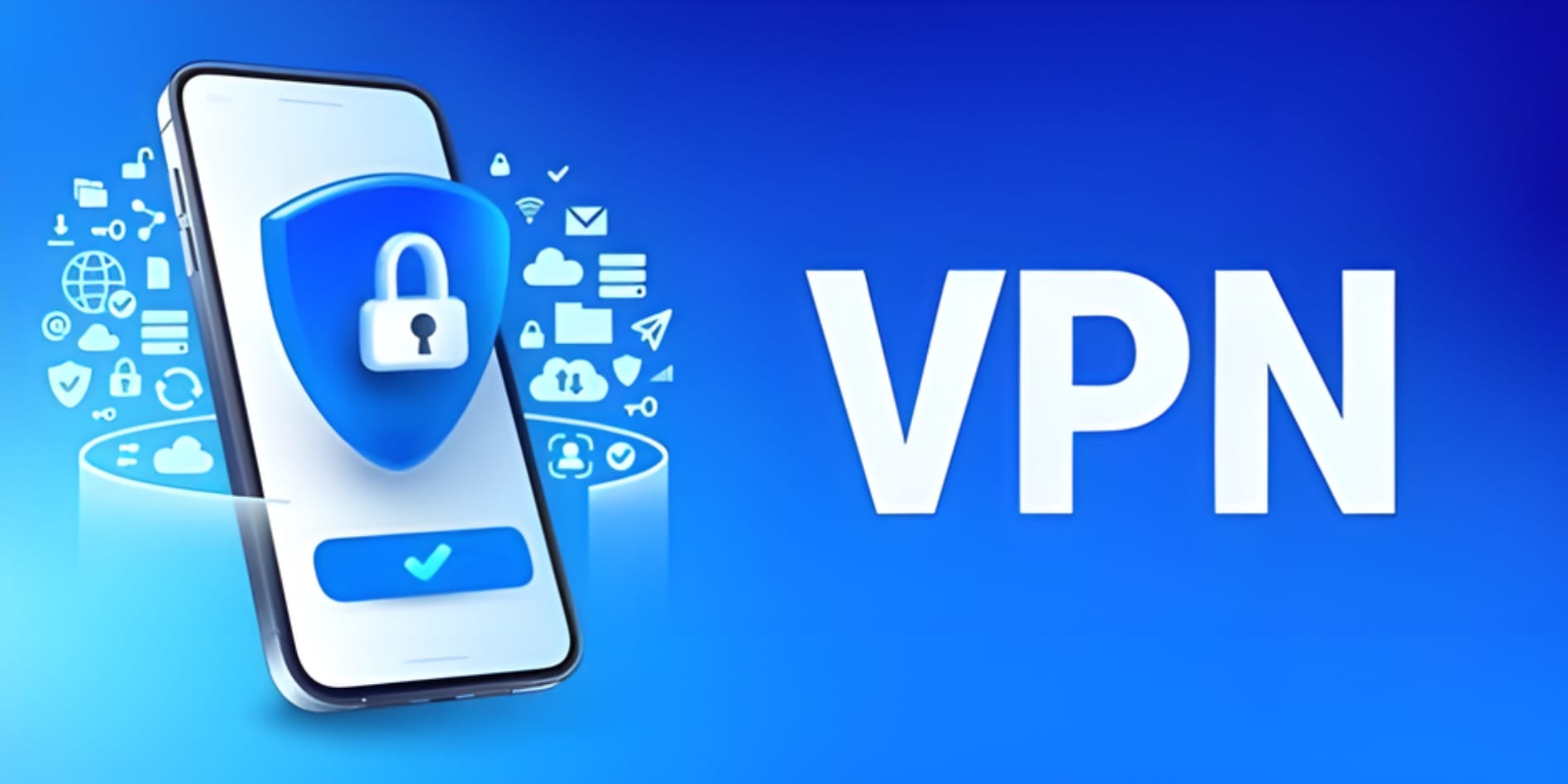What Can VPN Hide?
What exactly can a VPN hide, and how can it ensure user stability and security? Let's examine the intricacies of VPN technology to discover more about its benefits and functions.

Concerns about online privacy and security are at an all-time high in today's society. Users of the internet are looking for efficient solutions to safeguard their sensitive data in light of the growing frequency of data breaches and cyber threats. Virtual private networks, or VPNs, are one such technique that has become quite popular. However, how can a VPN guarantee user stability and security, and what precisely can it conceal? To learn more about VPN technology's features and advantages, let's explore its complexities.
Media
A VPN's ability to hide users' browsing history from prying eyes is one of its main features. VPNs provide a secure tunnel that protects online activity from being monitored by ISPs, governments, and hackers by encrypting internet data. This encryption procedure makes sure that the websites viewed and the things done online stay private and unreadable by outsiders. Having your browser history kept secret, whether doing research, shopping, or streaming media, is one of the many reasons to use a VPN.
IP Address
The capability of VPN technology to conceal users' IP addresses is another important feature. Similar to a digital fingerprint, your IP address discloses your online identity and location. Your true IP address is substituted with the VPN server's using a stable VPN, thus concealing both your identity and whereabouts. This function is especially helpful for getting around streaming services' geo-blocks and accessing material that is geo-restricted. With a VPN, you can browse the internet anonymously and have unfettered access to online resources by hiding your IP address.
Online Identity
Maintaining one's online identity has grown more difficult in an era of ubiquitous internet surveillance and targeted advertising. By limiting tracking cookies and stopping websites from collecting users' personal information, VPNs provide an answer. A VPN helps safeguard your digital footprint and keeps you safe from intrusive data-collecting methods by anonymizing your online activity. A trustworthy VPN can protect your online identity and privacy, regardless of whether you're worried about targeted advertisements or online profiling.
Personally Identifiable Information (PII)
Safeguarding confidential personal information is crucial in a modern globalized society. VPNs protect users' personally identifiable information (PII) while it's being transported over the internet by using strong encryption algorithms. A VPN makes sure that your data is secured and safe from interception, whether you're chatting with friends and coworkers, accessing your bank account, or exchanging private documents. Through source data encryption, VPNs reduce the possibility of identity theft and data breaches, giving customers peace of mind in an increasingly dangerous online space.
Geographical Location
Websites and online services frequently employ geo-location monitoring to target ads and customize information according to users' geographic locations. Nevertheless, this approach may violate consumers' privacy and result in unfair pricing policies. Users can hide their location by using a VPN to replace their IP address with the VPN server's. This protects users' online privacy and anonymity while allowing them to get region-locked material and get around geo-restrictions.
Torrent Downloads
One common technique for exchanging large files online is peer-to-peer, or P2P, file sharing. Torrenting, however, exposes users' IP addresses to ISPs and copyright enforcement organizations, which might result in legal issues. A stable VPN hides IP addresses and encrypts P2P traffic to provide torrent users an extra degree of anonymity. This guarantees the privacy and protection of torrenting activities from monitoring, enabling users to download and exchange content anonymously without worrying about the consequences.
VPN Stability
A stable VPN not only hides private data but also guarantees customers safe and dependable internet access. Advanced encryption techniques and secure protocols are used by a well-designed VPN infrastructure to protect data transfer and stop unwanted access. Reputable VPN companies also provide stable server networks with fast connections and little downtime, so customers can browse with ease. Users may benefit from improved internet freedom, security, and privacy by subscribing to a dependable VPN service without sacrificing dependability or performance.
Finally
In an increasingly digital environment, VPN technology provides a comprehensive solution for safeguarding consumers' online security and privacy. VPNs give users the power to take charge of their online experience by hiding browsing history and IP addresses, protecting personal information, and enabling anonymous surfing. Users may utilize encryption to secure their digital lives and make educated judgments by being aware of the features and advantages of VPN technology.